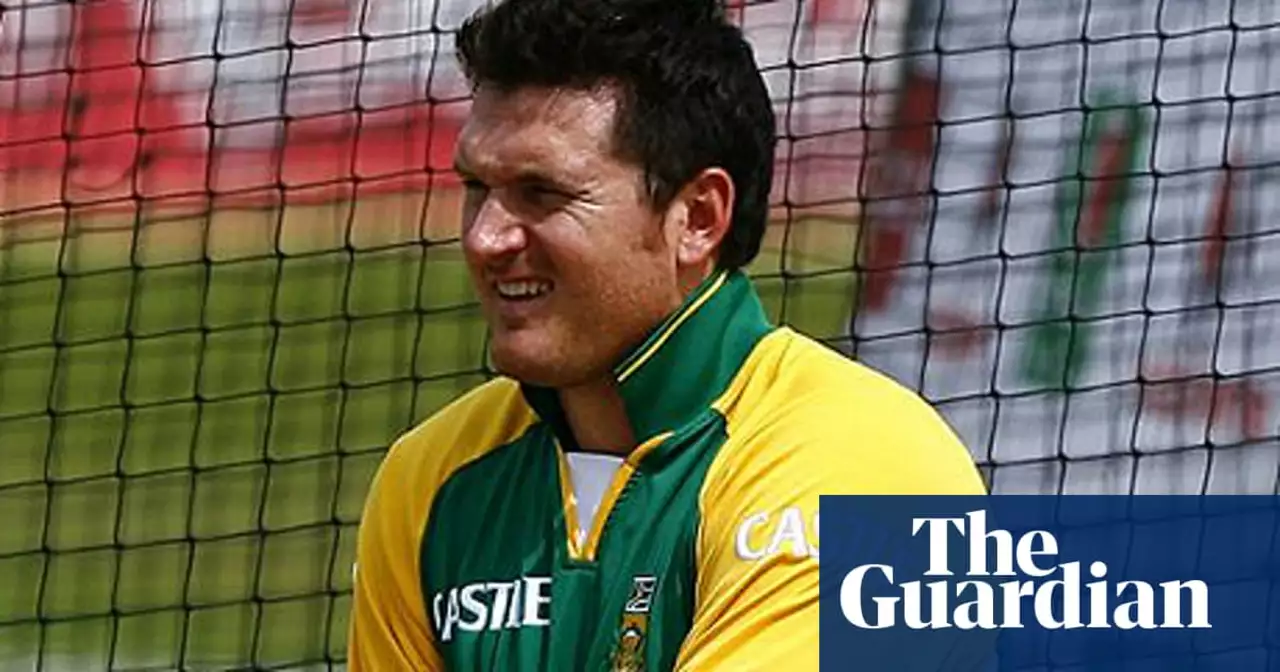Bad Soccer Moments: Lessons from Mistakes on the Pitch
We all love a good goal, but the real fun often comes from the slip‑ups that make a match unforgettable. Whether it’s a defender forgetting his marker or a striker missing an open net, these bad moments teach us more than any victory. Below you’ll find the most common errors and practical tips to avoid them.
Common Mistakes That Cost Teams
First up, misplaced passes. A simple through ball that lands off‑side can shatter a team's momentum in seconds. Players often rush without scanning the field, so the ball ends up in the opponent’s hands. The fix? Take a quick glance, trust your teammates, and keep the ball moving only when you’re sure the lane is clear.
Second, defensive lapses. Too many teams leave space between the back line and midfield, inviting opponents to break through. This gap shows up especially after a set‑piece when everyone forgets their marking duties. The cure is simple: assign a man to each opponent and rehearse the positioning until it’s second nature.
Third, missing easy chances. A striker who can’t put the ball in the net from a one‑on‑one with the keeper often draws the loudest boos. Confidence is key; practice finishing under pressure so your brain treats every shot like a must‑score.
How to Turn Bad Plays into Better Performance
Analyzing video is a game‑changer. Watch a replay of the mistake, note the exact moment things went wrong, and write down a concrete action to fix it. For example, if you slipped on a wet patch, add a quick foot‑work drill to your training routine.
Another tip: keep a mistake journal. Jot down every error you notice during a match, no matter how small. Over time you’ll spot patterns—maybe you always lose the ball when you receive a high ball on your left side. Knowing the pattern lets you train specifically for it.
Finally, talk it out with teammates. A short huddle after a bad play can turn embarrassment into motivation. When everyone knows the plan to avoid the same fault, the whole squad improves.
Bad moments are inevitable, but they don’t have to define a season. By spotting the most frequent errors, watching them on video, and practicing focused drills, you turn a painful loss into a stepping stone for success. Next time you see a blunder on the pitch, remember it’s just data for a better game tomorrow.
Why is South Africa so bad in football?
South Africa has been long known for its poor performance in the world of football. This is due to a number of factors including a lack of investment in the sport, a lack of access to top-level coaching and facilities, and a lack of commitment to the development of the game. Furthermore, the nation's large population but limited resources mean that the country has not been able to compete with the resources available in other countries. The South African Football Association has taken steps to improve the situation, but the lack of progress has left the nation at a competitive disadvantage. Ultimately, South Africa's performance in football will depend on its ability to develop a competitive and successful team with the resources available to it.
Kieran Donovan | Apr, 4 2023 Read More
